Note:
If you guys are getting coupon expired or course is not free after opening the link, then it is due to the fact that course instructors provide only few hundreds or thousands of slots which get exhausted. So, try to enroll in the course as soon as it is posted in the channel. The Coupons may expire any time for instant notification follow telegram channel


C++ And PHP Programming Complete Course
1) C++ Complete Course
This course is an introduction to the C++ programming language and its subset, the C++ programming language. Program structure, block, storage types, console and file I/O, functions, arrays, strings, pointers, call-by-reference, call-by-value, and dynamic memory allocation will be discussed. The concept and use of classes will be covered in some detail. The differences between C++ will also be discussed.
Course Rationale: This course is designed to teach students the C++ programming language and introductory and intermediate programming concepts with examples and applications using the C++ language. The course builds and extends topics covered in the prerequisite course, COSC 1315 and prepares students for more advanced programming courses such as ITSE 2431 (Advanced C++ Programming) and COSC 2415 (Data Structures) as well as for entry level programming employment. The course is required for an Associate Degree in several Computer Information Systems and Computer Science degree areas.
STUDENT LEARNING OUTCOMES/LEARNING OBJECTIVES
Course Objectives/Learning Outcomes:
- Demonstrate a thorough understanding of modular programming by designing programs that require the use of programmer-defined functions.
- Demonstrate a thorough understanding of arrays by designing and implementing programs that search and sort arrays.
- Demonstrate a thorough understanding of the object-oriented programming concepts of encapsulation, data abstraction and composition by designing and implementing classes including the use of overloaded functions and constructors.
- Demonstrate a thorough understanding of the concept of pointers and dynamic memory allocation by designing and implementing programs using pointers and dynamic memory allocation.
- Demonstrate a thorough understanding of the implementation of programmer-defined functions and classes by writing code, performing unit testing and debugging of multiple complex programs.
- Demonstrate good documentation style in all of the programs written in this course.
- Demonstrate proficiency in implementing data validation code, performing unit testing, and developing test plans while implementing robust solutions to the assignments in this course.
- Demonstrate a thorough understanding of stream input/output for both console and files.
- Demonstrate an understanding of the differences between C++ in the areas of strings, pass by reference/passing pointers, and structs by designing and implementing programs that use C++ strings, C++ language structs and classes.
- Learn in this Course
- To learn the fundamental programming concepts and methodologies which are essential to building good C++ programs.
- To practice the fundamental programming methodologies in the C++ programming language via laboratory experiences. …
- To code, document, test, and implement a well-structured, robust computer program using the /C++ programming language.
2) PHP Programming :
Introduction To PHP Programming:
- This section will learn the basic structure of a web application and how a web browser interacts with a web server. You’ll be introduced to the request/response cycle, including GET/POST/Redirect. You’ll also gain an introductory understanding of Hypertext Markup Language (HTML), as well as the basic syntax and data structures of the PHP language, variables, logic, iteration, arrays, error handling, and superglobal variables, among other elements.
syllabus
- Web concepts of Php
- basic syntax
- Arithmetic Operators
- Assignment Operators
- New php-7 features scalar type declaration
- Class and objects
- inheritance
Thank you and see you inside the course.
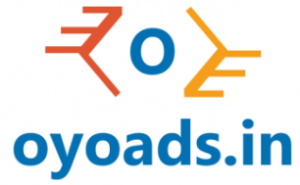
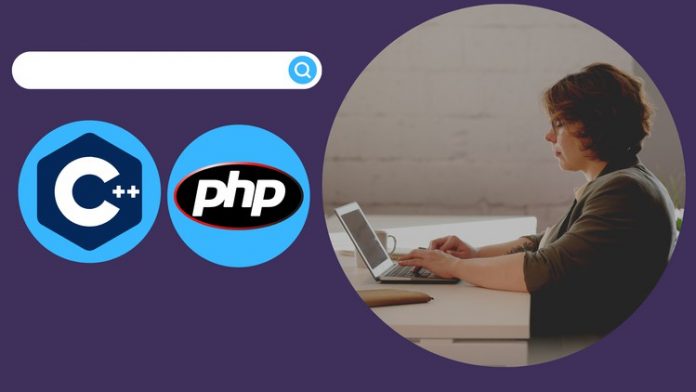
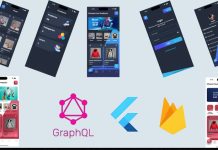
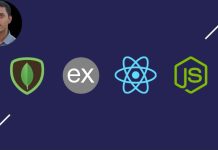
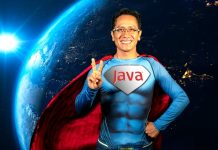
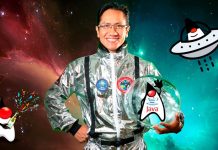
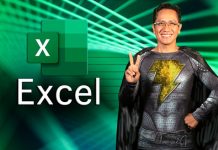
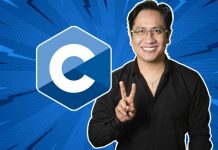

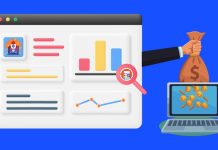
![Passive Income: Create & Sell Online Courses [Full Course]](https://oyoads.in/wp-content/uploads/passive-income-create-sell-online-courses-full-course_661cb1a9a14ff-218x150.jpeg)
![AI for Business Strategy & Planning [Masterclass]](https://oyoads.in/wp-content/uploads/ai-for-business-strategy-planning-masterclass_661cb19898162-218x150.jpeg)




![[100% Free]Bank Reconciliations & Cash Internal Controls](https://oyoads.in/wp-content/uploads/2020/05/20200523_193347-218x150.jpg)






![[100% Free]Python Bootcamp 2020 Build 15 working Applications and Games (31.5 Hours)](https://oyoads.in/wp-content/uploads/2020/05/Python-Bootcamp-2020-Build-15-working-Applications-and-Games-1-100x70.jpg)

![[100% Free]Java Programming: Complete Beginner to Advanced](https://oyoads.in/wp-content/uploads/2020/05/IMG_20200519_054150_522-100x70.jpg)
